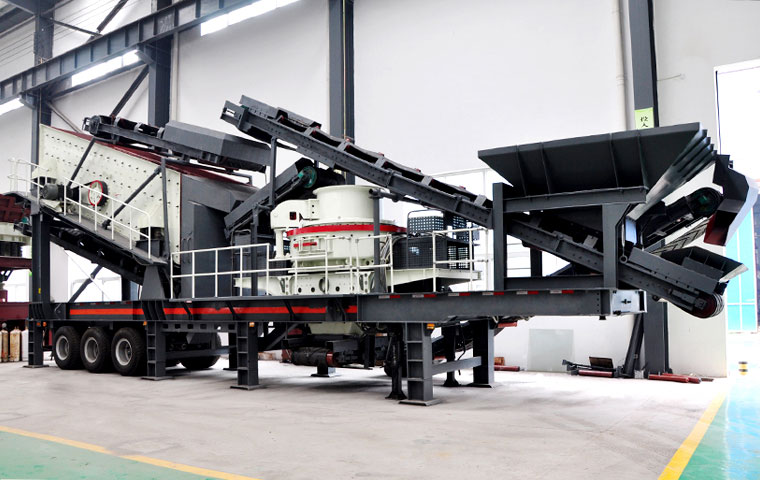# Waste Management in South Africa: Challenges, Policies, and Future Prospects
## Introduction
Waste management is a critical environmental and public health issue facing South Africa today. With rapid urbanization, industrialization, and population growth, the country generates significant amounts of waste annually. However, inadequate infrastructure, poor enforcement of regulations, and socioeconomic disparities hinder effective waste management practices. This paper examines the current state of waste management in South Africa, key challenges faced by municipalities and industries, existing policies and strategies, and potential solutions for sustainable waste management.
—
## Current State of Waste Management in South Africa
1. Waste Generation Trends
South Africa produces approximately 122 million tons of waste per year, with municipal solid waste (MSW) accounting for around 59 million tons. The country’s waste generation rate continues to rise due to:
– Urbanization (~68% urban population)
– Consumerism and packaging waste
– Industrial activities (mining, manufacturing)
– Informal settlements lacking proper disposal systems
The composition of municipal solid waste includes:
– Organic waste (~40%)
– Paper & cardboard (~15%)
– Plastics (~13%)
– Metals & glass (~10%)
– Hazardous & electronic waste (~5%).jpg)
2. Waste Collection & Disposal Methods
South Africa employs various waste disposal methods:
– Landfilling: The most common method (~90% of MSW), but many landfills are poorly managed.
– Recycling: Estimated at ~10%, driven by informal sector recyclers.
– Incineration: Limited due to air pollution concerns.
– Composting: Minimal adoption despite high organic waste volumes.
Municipalities struggle with inconsistent collection services—especially in townships and rural areas—leading to illegal dumping.
—
## Key Challenges in Waste Management
1. Insufficient Infrastructure
Many municipalities lack adequate:
– Waste collection fleets
– Recycling facilities
– Sanitary landfill sites
2. Illegal Dumping & Pollution
Illegal dumping is rampant due to:
– Poor service delivery
– Lack of public awareness




